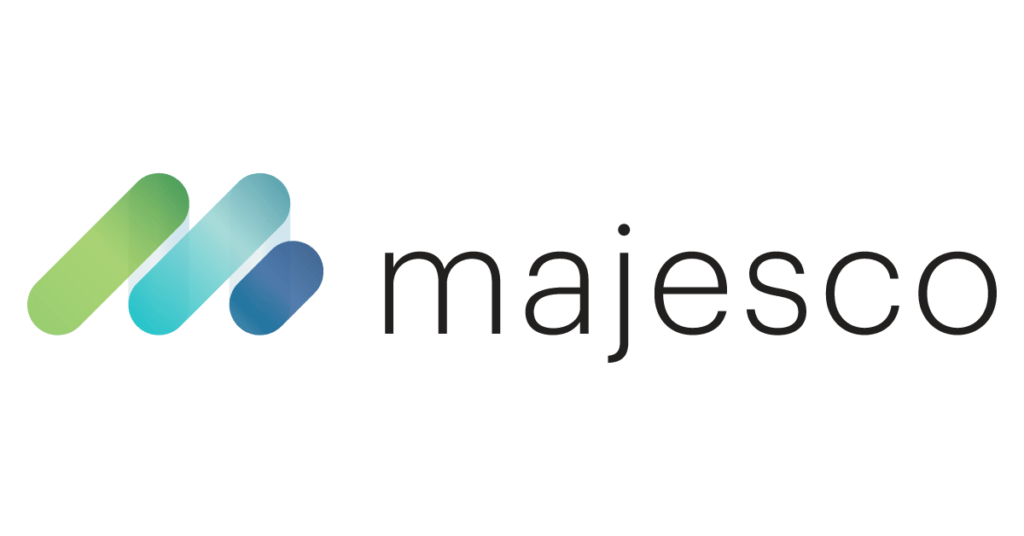ChatGPT and the Future of Insurance with Large Natural Language Models

Do you remember a decade ago when IBM Watson trounced Ken Jennings, the best human “Jeopardy!” player ever, showcasing the power of artificial intelligence (AI)? It was the beginning of a technological revolution that spurred businesses to explore AI’s possibilities to drive innovation and optimization.
Today it is ChatGPT that is stoking the fires of innovation and imagination. Thanks to the latest advancements in technology, we can ask a computer questions about complex topics, like an insurance policy, and get humanlike answers with GPT – Generative Pre-trained Transformer or Transformers. GPT is like having your own personal chatbot. Instead of just giving canned responses, it can generate human-like responses in natural language conversations. While this may seem like something out of a sci-fi movie, GPT has real-world applications that can benefit businesses, including insurance.
So how can GPT help insurers improve customer service, automate underwriting, and enhance risk assessment in the insurance industry? Whether you’re an insurance executive or simply interested in learning more about the latest technological advancements, grab a cup of coffee and get ready to learn about the fascinating world of GPT and insurance!
Bringing Science Fiction to Life
A range of real-life use cases of GPT for insurance is already being explored and implemented by various insurers.
Use Case #1
Most digital insurance companies have developed applications such as chatbots powered by GPT to handle customer inquiries, create a quote, or even issue a simple standard insurance policy. These chatbots understand natural language and generate responses that are contextually relevant, making customer interactions more efficient and personalized. When extended using “agents” or, in other words, “subroutines” at the code level, they can look up data on a policy, make changes to policies and claims, and even summarize vast amounts of data from within the insurance lifecycle.
Use Case #2
Automating some portions of the underwriting workflow is another example gaining traction. Insurers are using GPT models to analyze large volumes of data, such as documents, textual reports, loss runs, or even query data stores, to generate risk assessments and guide underwriters for appropriate premiums. In particular, several risk assessment models have been developed using GPT to analyze a wide range of data sources, such as news articles and social media activity, to provide a more comprehensive view of risk.
MajescoGPT Bringing Intelligence to Our Core
We are exploring several exciting possibilities for using GPT within our solutions to help our customers and the insurance industry. The possibilities are limitless! From fraud detection by analyzing claim notes and conversations, to developing personalized insurance products or making customer interactions more efficient and satisfying by making conversation relevant and personalized, GPT has the potential to elevate business processes and employees within the insurer.
Currently, we are performing a closed GPT pilot with some of our customers, by building an interactive chatbot named MajescoGPT that can guide any user of the Majesco Intelligent Core Platform toward specific content or even create content on behalf of that user. Simple use cases use the chatbot to answer questions about using the Majesco Intelligent Core Suite or accessing policy and claims information stored in PDFs or in the database.
It can summarize complex insurance policies and forms, explaining any exclusions or inclusions that may affect the coverage in a simple and deterministic way. For example, if a policy excludes coverage for certain types of damage, the chatbot can explain this in a way that the user can easily understand.
One can also ask common questions related to a concept, such as “What does a data breach mean?” in a cyber insurance-based policy, if it is not clearly defined in the documents or forms. These natural language responses, supplemented with actions that can be performed within the context of those conversations, such as downloading the policy, viewing the policy, or creating a claim FNOL will provide an enhanced user experience.
The applicability of GPT to bring efficiency can also be extended to the staff who support distributors and insureds, but also to the staff themselves. Let’s face it, time is a commodity, and there is rarely bandwidth for everyone to read all the documentation, FAQs, support conversations, notes, etc., that are available. GPT-powered chatbots can provide staff with suggested solutions for common issues, freeing up time for staff to focus on more complex problems. They can answer questions, troubleshoot issues, and even provide step-by-step instructions for common problems. Clearly, we see that both insurers and Majesco can improve the efficiency of their support operations and achieve more with the same investments.
The Possibilities are Wide-Ranging
GPT shows great promise in the insurance industry. It can be used to improve various aspects of the insurance value chain, including customer service, underwriting, risk assessment, and fraud detection. Insurers that embrace GPT can gain a competitive advantage by providing more efficient and personalized services, reducing costs, and improving risk management. As the use of GPT becomes more prevalent in the insurance industry, we can expect to see more innovation and improvements in how insurers operate. Insurers that invest now are going to be well-positioned to keep ahead of their competition.
In our future blogs, we will address how insurers should consider adopting these revolutionary advancements that are going to be part of our lives. Whether you are using day-to-day office products from Microsoft such as Word, Excel, or Outlook, or you are using Majesco products to run your core business operations, Transformers will be right along with us to change how we work every day!



